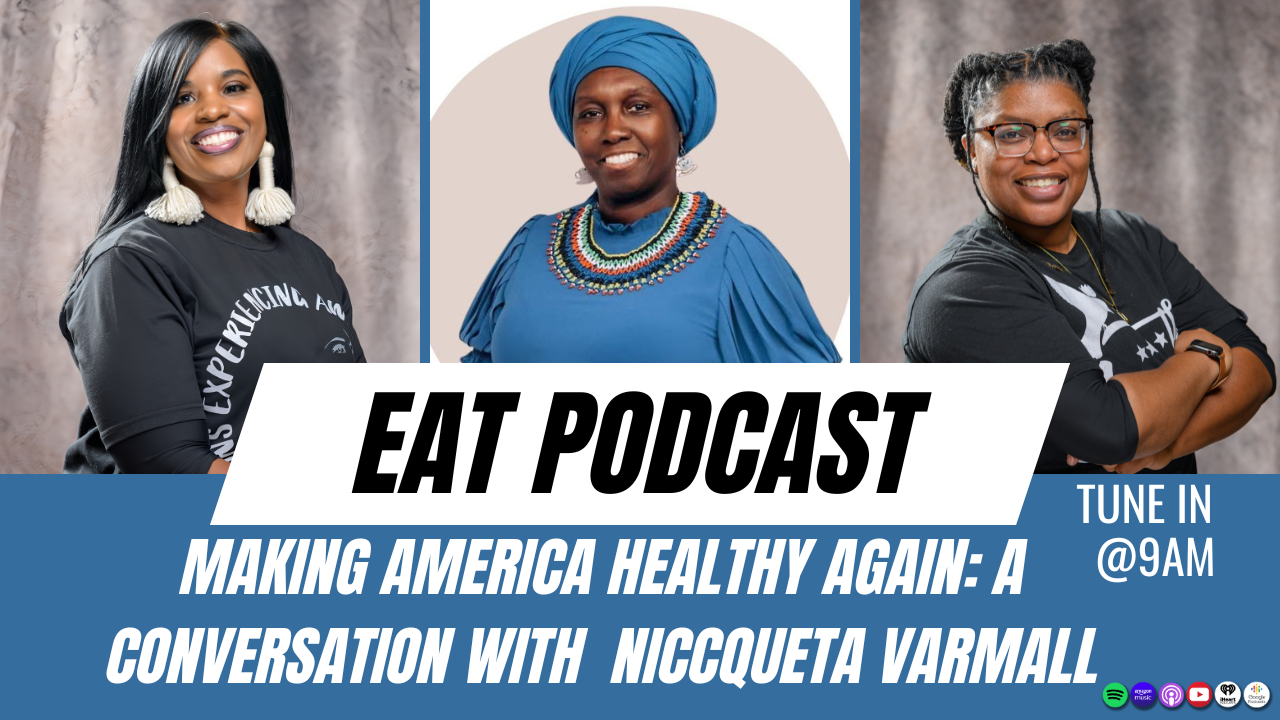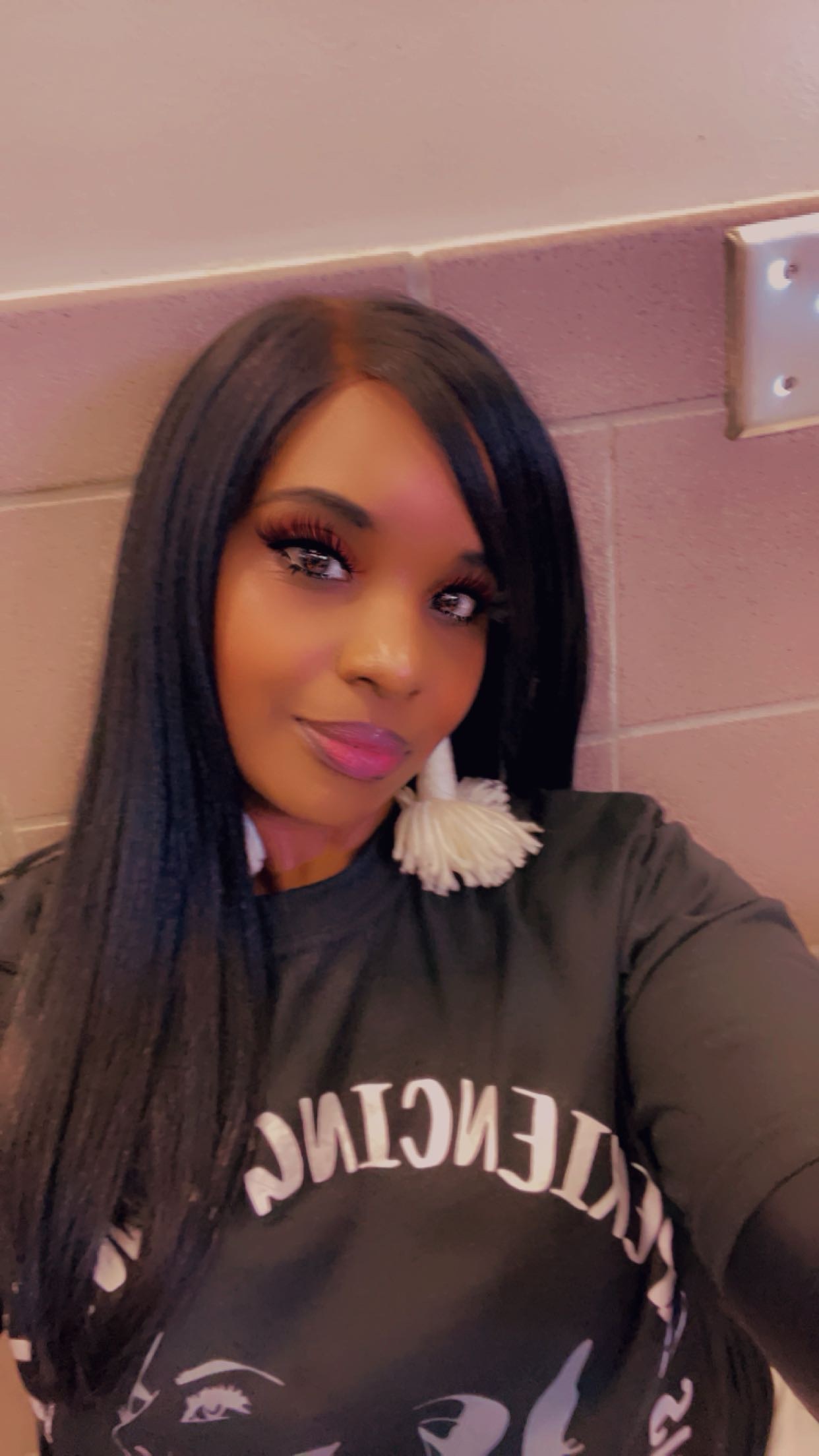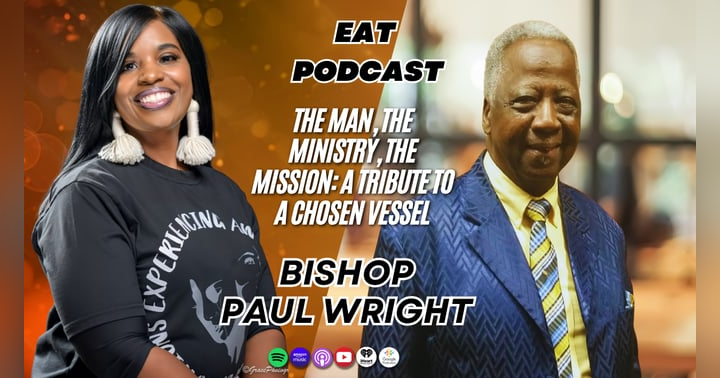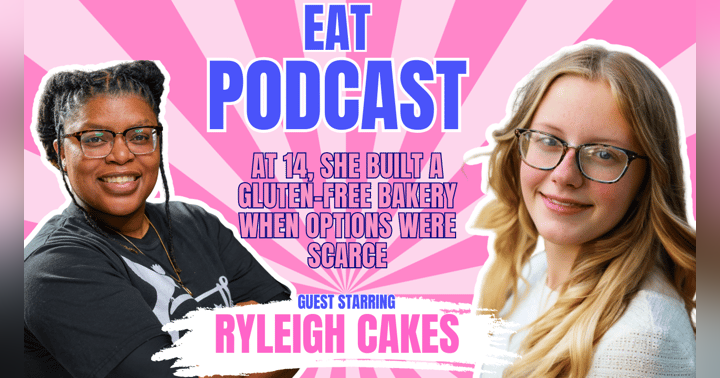Making America Healthy Again: A Conversation with Niccqueta Varmall

In a world of quick fixes and processed conveniences, Niccqueta Varmall stands as a beacon of traditional wellness wisdom. The former police officer turned wellness humanitarian recently unveiled her ambitious Project 100 initiative, designed to transform how Americans approach health and healing. Her vision? Creating a 100-acre wellness ecosystem where practitioners from various healing disciplines can collaborate to serve communities seeking authentic health solutions.
Niccqueta 's journey into wellness wasn't a sudden career pivot but rather a natural evolution rooted in her Creole heritage. Growing up with a mother who prepared healing teas and remedies for neighbors in their housing development, Niccqueta witnessed firsthand how traditional knowledge could bring comfort and healing to a community. Her mother's "grief tea" would be prepared when neighbors experienced loss, creating a healing ritual that extended beyond physical remedies to emotional support. This foundation of community care formed the bedrock of Niccqueta 's approach to wellness - it's never just about individual health but about collective healing.
The transition from policing streets to "policing gardens" as Niccqueta humorously puts it, came after eleven years of serious dedication to wellness practices. What began as personal healing evolved into a mission when she realized the abundance of her garden was meant to be shared. The herbs grew so prolifically - "invasive" as she calls them - that it became clear these healing plants weren't meant for her alone. This abundance mindset infuses Project 100, which seeks to gather wellness practitioners who are passionate about helping others while creating sustainable livelihoods for themselves.
Project 100's concept is revolutionary in its simplicity: create a centralized wellness community where visitors can access various healing modalities in one location. Instead of navigating the often confusing wellness landscape independently, visitors to Project 100 would find a curated ecosystem of practitioners - from vegan chefs to trauma healers, herbalists to personal development coaches. Each practitioner would have their own "pod" or space, but would function as part of an interconnected community that refers clients to complementary services within the ecosystem.
What makes Project 100 particularly compelling is its emphasis on authenticity and transparency. Niccqueta envisions visitors knowing exactly who prepared their food or created their healing protocol. This personal connection restores something vital that's often missing in our modern wellness industry - relationship and accountability. When you know your healer and your healer knows you, wellness becomes less transactional and more transformational.
Niccqueta's rallying cry - "Making America Healthy Again" - isn't just clever wordplay but a serious call to action. She sees America's health crisis as something that requires collective action rather than individual solutions. By bringing together practitioners who might otherwise work in isolation, Project 100 aims to demonstrate the power of community-based wellness initiatives. This approach echoes traditional healing systems worldwide, where health was never separated from community.
The timing for Project 100 couldn't be more appropriate. As Niccqueta noted during her interview, finding truly nourishing food while traveling proved nearly impossible, highlighting the genuine need for accessible wellness spaces. Her refusal to compromise on what she puts in her body reflects a growing sentiment among health-conscious Americans who are tired of false wellness claims and processed alternatives.
For those inspired by Niccqueta's vision, she invites wellness practitioners who are "already doing the work" to reach out about joining Project 100. The initiative isn't limited to those who can relocate permanently but welcomes practitioners who can maintain a presence in the ecosystem while continuing their work elsewhere. This flexible approach recognizes the realities of modern life while still creating the cohesive community that forms the heart of the project.















